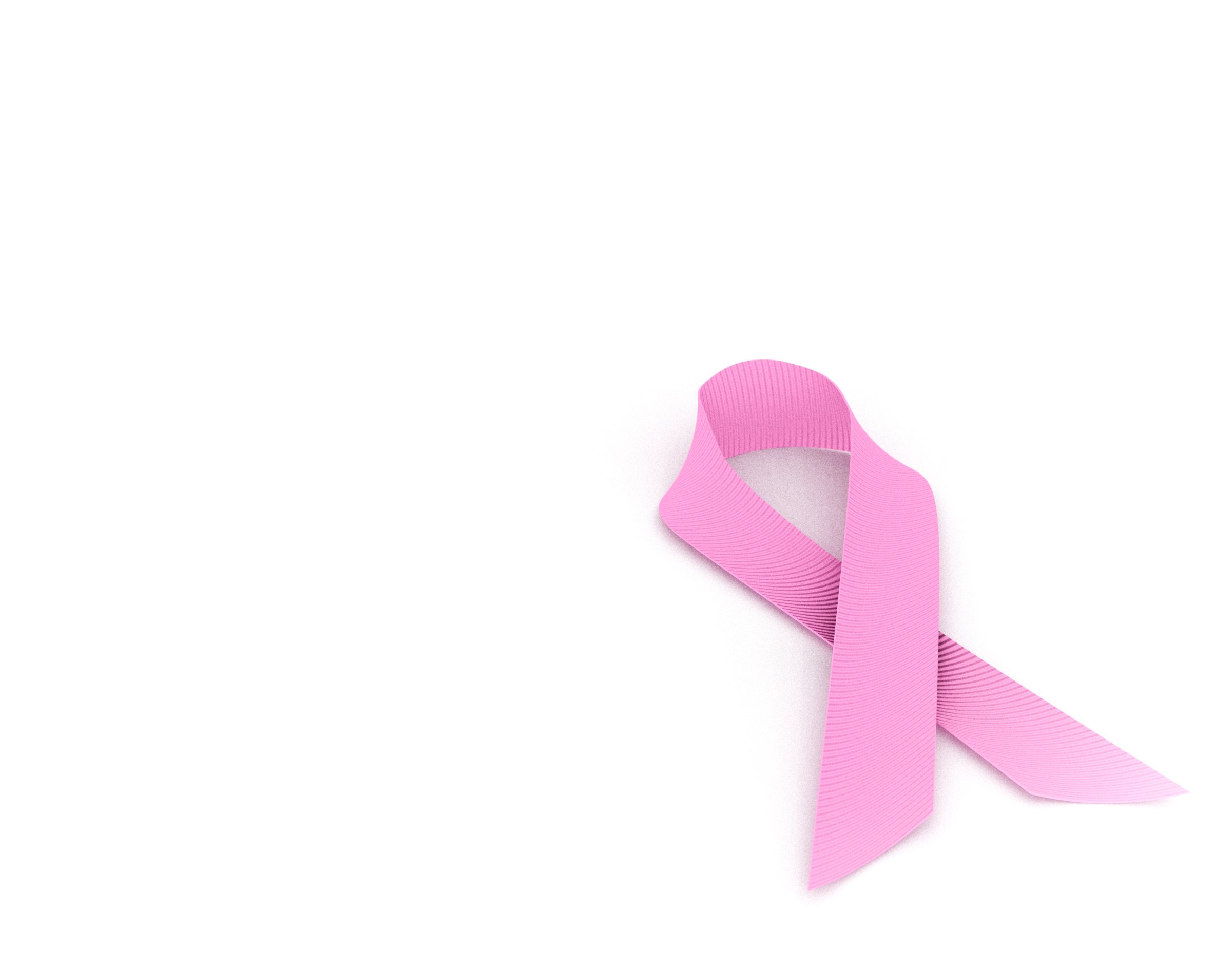
A new study highlights how much of a woman’s risk of developing breast cancer might be in her control. The results suggest that even women with a family history of the disease can reduce their risk if they lose weight and don’t smoke.
The researchers estimate that close to 30% of all breast cancers in the U.S. could be prevented if women maintained a healthy weight, do not use hormone therapy for menopause, and cut back on drinking and smoking. That conclusion, published in the journal JAMA Oncology, held true even for women who were at a high risk for breast cancer due to family history and genetics. Women at high risk who modified these risk factors had about the same chance of developing breast cancer over most of her lifetime as an average white woman in the U.S. without such a genetic vulnerability; that chance for a 30-year-old white woman is about 11% before she reaches age 80.
The researchers modeled data collected from more than 7,000 women with breast cancer and nearly 20,000 women without it who were part of the Breast and Prostate Cancer Cohort Consortium, as well as around 6,000 women in the 2010 National Health Interview Study. That model, which tracked the women’s cancer diagnoses over a many years, showed that the benefit of lifestyle changes is even greater for women who are at higher risk for cancer due to modifiable risk factors like being a smoker.
But the studies did not include women of different racial and ethnic backgrounds, so the scientists say that more research is needed to understand how breast cancer risk could be modulated with lifestyle behaviors among women from different race groups.
Still, “adoption of a healthy lifestyle is likely to be universally advocated by clinicians among all patients,” a group of three experts wrote in an editorial that accompanied the paper. “Knowledge of personal risks could certainly alter the beneficial uptake of that advice.”
The latest findings are not the first to suggest the important role that healthy lifestyle changes can play in avoiding cancer. A separate study published in May found that lifestyle behaviors and environmental exposures account for between 20% and 40% of cancer, and another study found that people can reduce their risk of 13 kinds of cancer by 20% if they exercise regularly.
More Must-Reads from TIME
- Breaking Down the 2024 Election Calendar
- How Nayib Bukele’s ‘Iron Fist’ Has Transformed El Salvador
- What if Ultra-Processed Foods Aren’t as Bad as You Think?
- How Ukraine Beat Russia in the Battle of the Black Sea
- Long COVID Looks Different in Kids
- How Project 2025 Would Jeopardize Americans’ Health
- What a $129 Frying Pan Says About America’s Eating Habits
- The 32 Most Anticipated Books of Fall 2024
Contact us at letters@time.com